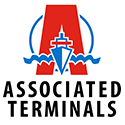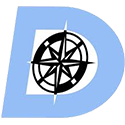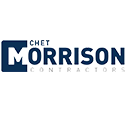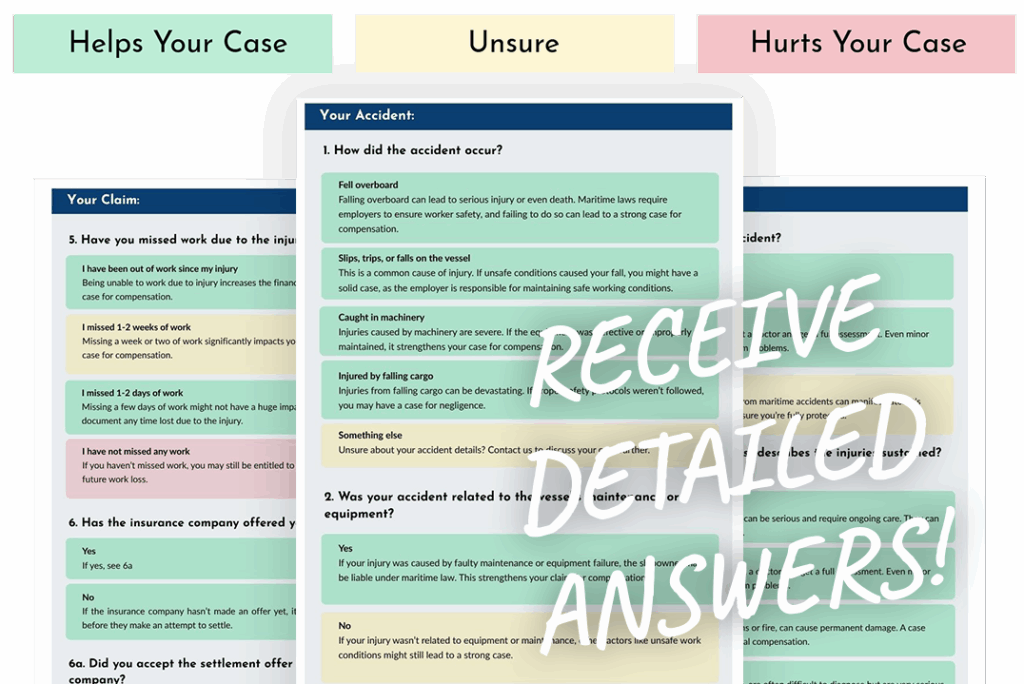Helicopter Accidents
Over $1 Billion Recovered for Maritime Accident Victims. We are proud to have a reputation for aggressively fighting for the rights of injured workers.
New Orleans Offshore Helicopter Accident Lawyers – Lambert Zainey
Helicopters are key for getting crews and gear to offshore rigs, platforms, and boats way out in the Gulf of Mexico. They’re fast, but flying them offshore has real risks. Accidents can happen during takeoff, landing, in the air, or even during an emergency landing on water (ditching). These crashes can cause terrible injuries or kill people. Problems like engine failure, pilot mistakes, bad weather, or poor maintenance can all lead to disaster.
When an offshore helicopter crashes, figuring out who’s responsible involves tricky mixes of flying rules, sea laws, and maybe even state laws. Lambert Zainey’s New Orleans offshore injury lawyers know how to handle these complicated accidents. We understand helicopters, the safety rules, and the different laws involved. We dig deep to find out what happened and fight to get the most money possible for injured workers and the families who lost loved ones.
Hurt in an Offshore Helicopter Crash or Incident? Get Experienced Help.
On This Page
Why Offshore Helicopter Travel Can Be Risky
Using helicopters is fast and necessary for offshore work, but it’s risky because:
Which Laws Apply When a Helicopter Crashes Offshore?
Figuring out who pays and which rules apply after an offshore helicopter crash is often very complex. Different laws might be involved:
Our Offshore injury lawyers carefully look at where the crash happened, who was involved, and what went wrong to figure out the best way to bring a claim.
Over $1 Billion Recovered for Maritime Accident Victims
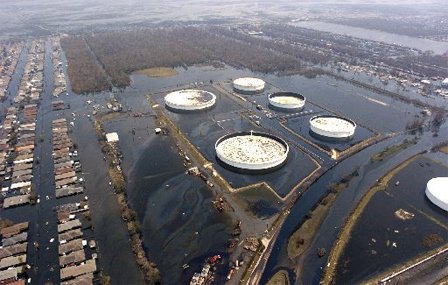
Oil storage tank rupture at the Murphy Oil USA refinery in Chalmette, LA. The fastest class certification and resolution of a case of its type and magnitude to date.
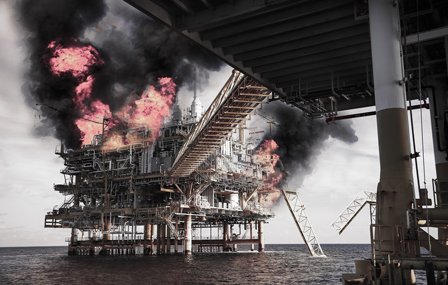
Arco cryogenic platform explosion caused by improper cold cut of Southern Natural Gas pipeline. Settlement for the injured and deceased in approximately twelve months.
Common Reasons Why Offshore Helicopters Crash
After investigating, crashes often happen because of one or more of these:
Pilot Mistakes
Mechanical Problems / Bad Maintenance
Bad Weather
Problems on the Platform or Landing Zone
Communication Errors
Different Types of Helicopter Accidents Offshore
Helicopter accidents offshore can include:
Common Injuries from Helicopter Crashes
Because crashes are so violent, injuries are often very severe or fatal:
Our team digs deep to find everyone who played a part in causing your injury.
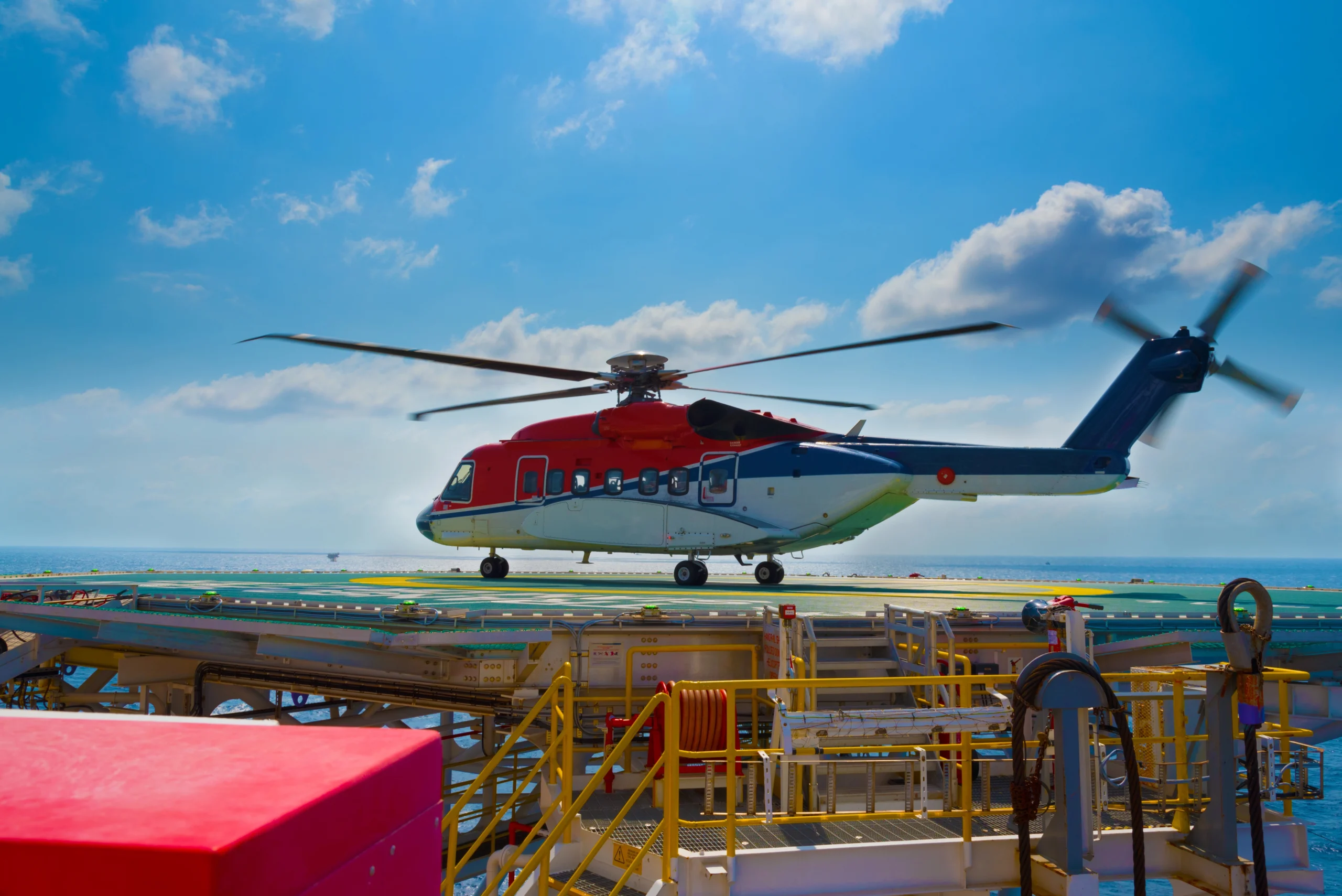
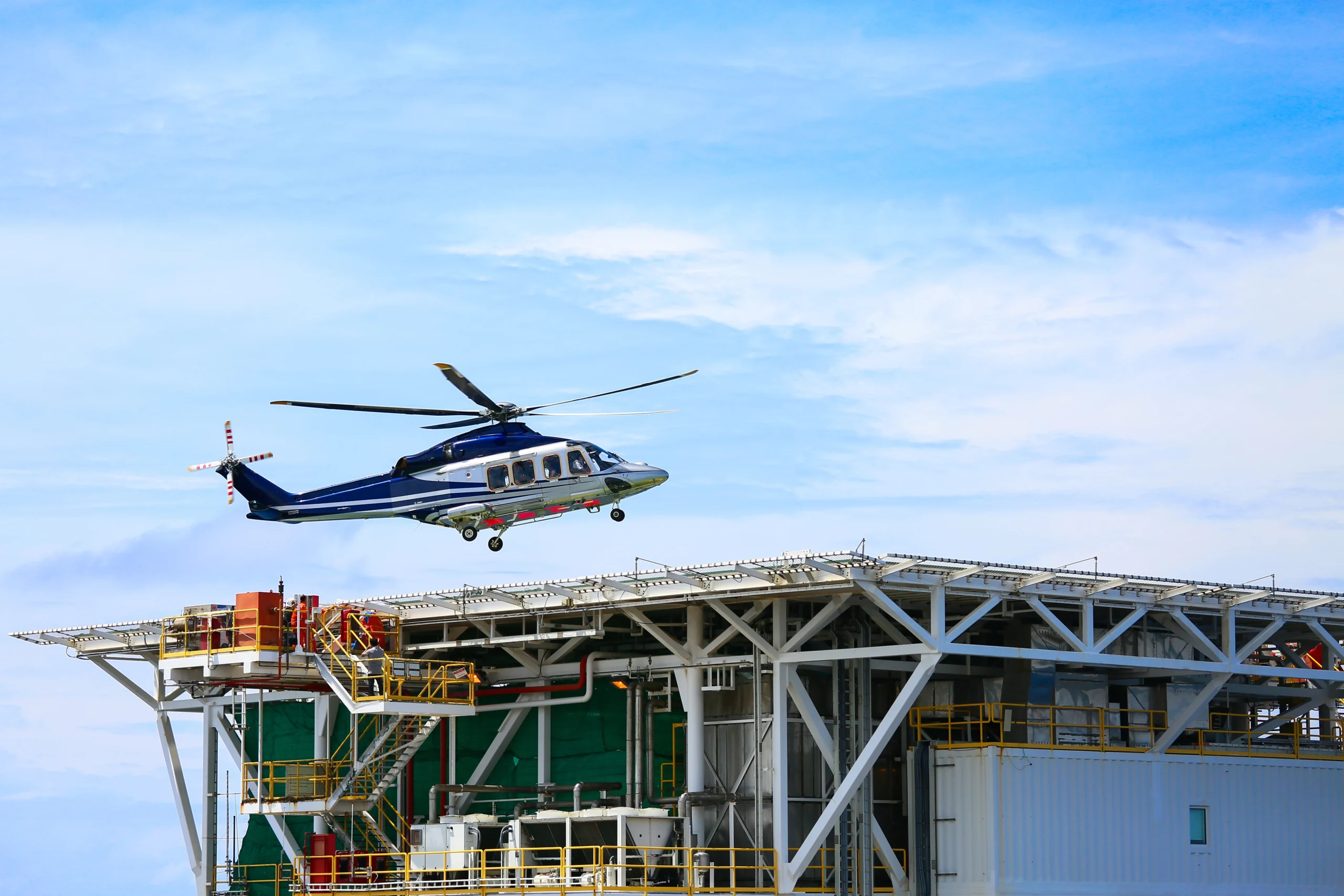
Who Can Be Blamed (Held Liable) for a Crash?
Finding everyone responsible is key to getting fair compensation:
Your Rights After Getting Hurt in an Offshore Helicopter
If you were injured flying to or from an offshore job site:
The exact type of claim depends on the complex factors we talked about. It’s very important not to sign any settlement papers or waivers from the companies involved without talking to an experienced lawyer first.
Why Choose Lambert Zainey for Your Helicopter Accident Case?
Handling offshore helicopter cases takes special skills:
Common Questions About Offshore Helicopter Accidents
Helicopter trips to and from offshore sites can be dangerous when something goes wrong. This section answers key questions to help you understand your rights after an aviation-related injury.
What Our Clients’ Say About Us
NATIONALLY RECOGNIZED ATTORNEYS
CONTACT US
Our experienced attorneys are here to guide you through every step of the process, from initial consultation to settlement or trial.
Free Case Review
Fill out the form below to contact Lambert Zainey and schedule a free, confidential consultation and discuss your case with an experienced attorney.








